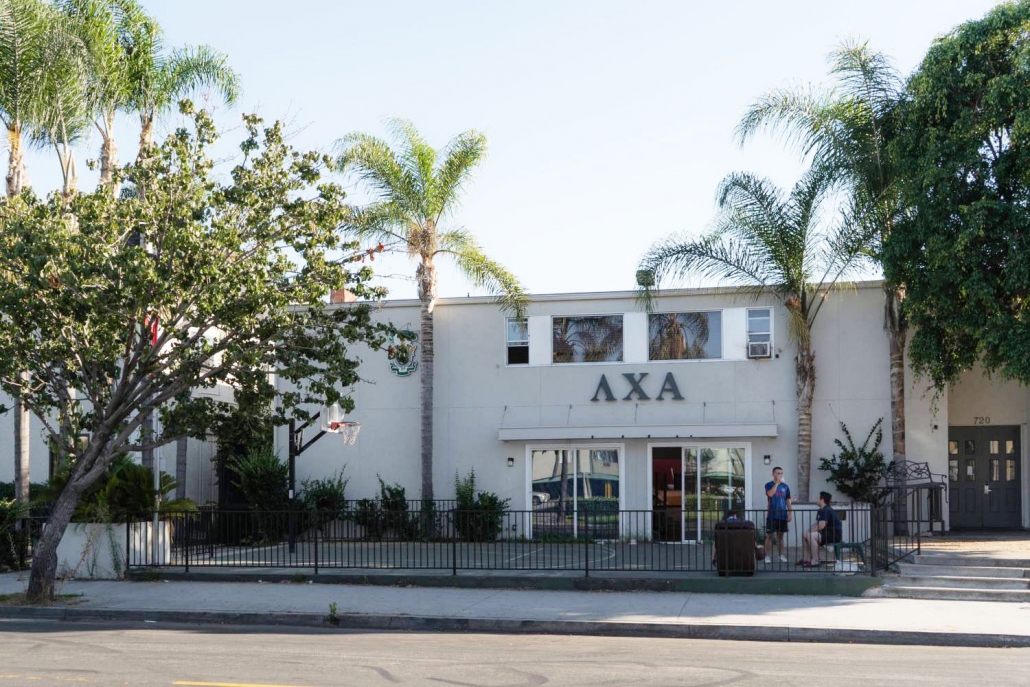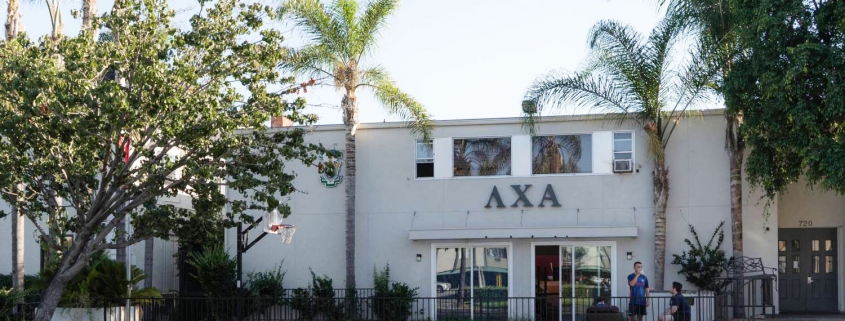Deferred recruitment must go away for Greek life to last

In Fall 2017, former Vice President of Student Affairs Ainsley Carry announced a policy affecting students interested in joining an Interfraternity Council fraternity or Panhellenic Council sorority. To participate, incoming freshmen must complete a minimum of 12 academic units at USC, and transfers being eligible after completing one year of college coursework.
According to the statement, the policy gives the “opportunity to provide incoming freshman students time to acclimate to college life and the community.”
No other on-campus organizations are subject to this deferral of recruitment.
Deferred recruitment for Greek life has now been in effect for four semesters since its implementation in Fall 2018. Since then, these restrictions have offloaded the responsibility of protecting students through what can be recognized only as a veil of structural change.
USC must recognize the independence of students and their own responsibilities to themselves. Joining and dropping Greek life should be up to the student, and it should not be the University’s decision to tell them no.
Nonetheless, finding one’s way as a freshman is part of everybody’s experience, regardless of the path one chooses. Most organizations that first years join offer support, resources and a community for students to identify with. And sure, the typical benefits of fraternities and sororities may be opportunities to network socially and professionally, which indeed can be found in many other clubs. However, sororities and fraternities elevate these experiences and resources and leverage the capabilities of the individual in their professional and professional networks.
As what Carry called “an instrumental part of the USC experience dating back to 1889,” the administration’s poorly-executed policy eliminates choice from the student body. By explicitly targeting Greek organizations in IFC and PHC — not multicultural, pre-professional or religious Greek organizations — the administration does not consider the time-consuming activities of not only other non-social Greek organizations, but all other organizations and their potentially negative effects. The Trojan Knights, the Trojan Marching Band, and numerous other organizations often have intensive — or even superior — time commitments when compared to those of IFC and PHC organizations. This explicit focus is indicative of campus prejudice against Greek organizations.
Because of the policy, first years have one semester to form an opinion on Greek life. Therefore, they are more likely to observe what can be referred to as “incongruent behaviors,” wherein as they are not members of Greek life, they are more likely to form negative assumptions, altering their true perspective on Greek life.
This then associates the character of these organizations with a raft of negative characteristics. When first years begin to observe values-congruent behavior, like the philanthropies and fundraisers that fraternities and sororities frequently host, perspectives begin to change. Pigeon-holing Greek life like the administration and campus media has done, further promote this negative phenomenon, and for Greek life to rid itself of its stereotypes — that are largely upheld by campus media and administrators — openness is key.
Moreover, these restrictions, which affect how many students are eligible to rush in a given semester, can be considered increasingly financially discriminatory because it adversely affects those chapters that already need more members to be financially viable due to turnover, graduating seniors or other factors. When this is combined with other guidelines like security guard requirements for events, the pressures that have been placed on Greek life — including the loss of seven chapters since 2014 — clearly delineates the administration’s future intentions regarding Greek life.
Of course, as a member of an IFC chapter, it’s often hard to imagine how some people may fail to recognize the good things that fraternity and sorority members do for the community. The academic, athletic, social and philanthropic achievements that have been achieved by USC’s Greek life are extensive.
According to the IFC website, 884 members work more than 10 hours a week and 1,948 are involved in two or more student organizations. It was reported in 2015, the all-Greek average GPA was, since 2010, in fact higher than that of all undergraduates, with the exception of one semester. Carry’s implementation of the deferment policy was intended for students to adjust and figure out personal priorities. These statistics, although limited, delineate some of the key priorities for those in Greek life at USC: campus involvement, professional development and academics.
Students in Greek life have been historically held to stricter standards, but it is imperative to ensure that these students are treated equitably in comparison to students who are not in Greek organizations — this protection should thus extend to chapters themselves and their recruitment.
Given that the new administration has done little to signify its intentions for the Greek community, it is important for the conversation to be continued against deferred recruitment and in favor of actionable change to ensure the longevity of Greek life.

